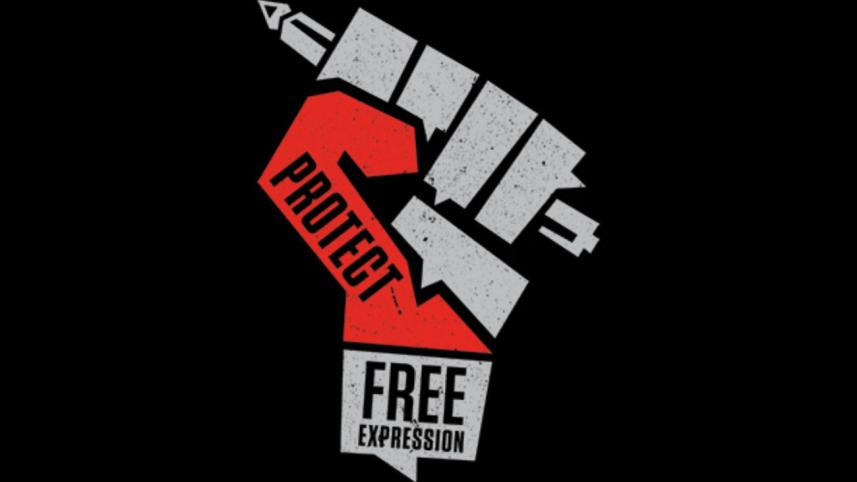DSA may choke freedom of expression

A high powered delegation representing the EU and 10 other countries have expressed their concern over several sections of the proposed Digital Security Act (DSA)-2018 in a meeting with the law minister. They have said what we have been saying for quite a while. Ever since this Act had been proposed local human rights activists and journalists have voiced their fears over the implications of such an Act if passed.
In its present form, with certain controversial sections, the proposed Act is against the freedom of the media and generally, freedom of expression. Sections 21, 25 and 28 are of serious concern because of the severe punishments associated with the offenses mentioned. They include jail terms as long as 14 years and huge fines and the definitions of the offenses are vague and have the scope for misuse.
In effect the proposed Act will actually incorporate section 57 of the Information and Communication Technology Act (ICT Act) which was supposed to be repealed as demanded by activists and journalists. Already two dozen journalists have been sued under section 57 and 701 more cases filed are pending. Given such ground realities how can we be assured that the proposed Digital Security Act will not encroach on freedom of the media and expression?
Section 32 of the proposed Act, states a jail term of 14 years or TK 20 lakh fine or both on charges of "spying if he or she illegally enters the offices of government, semi-government or autonomous bodies to gather information and uses electronic devices to record something secretly." If this is the case it would mean an end to any kind of investigative reporting that may unravel anomalies and corruption in public or private entities.
Freedom of expression is the fundamental grain of present day civilisation. If it is to be the participatory, democratic society dreamt by our freedom fighters of '71 and the architects of independent Bangladesh, there is no scope for a law that will infringe upon the very core of that dream. While it is important to have a law to prevent cybercrime we must point out that if it curtails fundamental freedoms it will serve only to denigrate our country's global image. That can hardly be conducive to our journey to reach middle income status.



 For all latest news, follow The Daily Star's Google News channel.
For all latest news, follow The Daily Star's Google News channel.
Comments